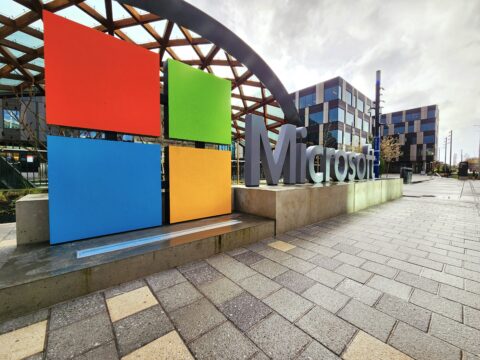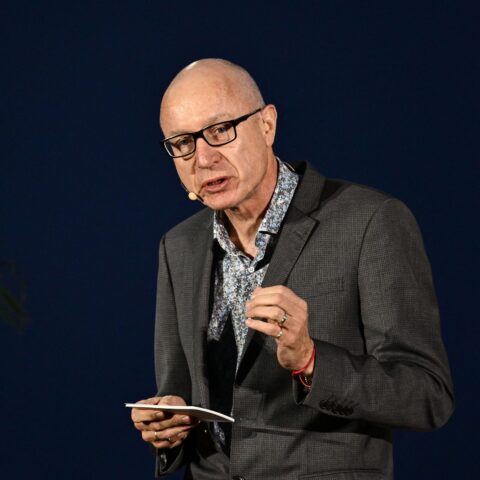Contents
- 1 Key Highlights:
- 2 German PMI Surpass Expectations
- 3 HCOB’s Preliminary Composite Output Index
- 4 Euro Inches Up Amid German Economic Prospects
- 5 Optimism Amidst Economic Challenges
- 6 Insights from HCOB’s Flash German PMI Survey
- 7 Factors Influencing Economic Activity
- 8 Business Expectations and German PMI Economic Outlook
- 9 Conclusion
The OECD cautioned about German PMI budget crisis, potentially affecting the European economy in the coming years. The financial uncertainty, stemming from a recent court ruling creating a 60 billion euro gap in Germany’s budget, could impede planned spending.
Robert Grundke, from the OECD’s Germany desk, highlighted that reduced investment and spending in Germany might affect the EU economy. This could lead to decreased imports of intermediate and final goods and services from the European Union.
Key Highlights:
- Germany’s Manufacturing PMI rose to 42.3 in November, surpassing the forecast of 41.2.
- Services PMI for the German economy improved to 48.7 in November, exceeding the expected 48.5.
- EUR/USD surged toward 1.0950 following the positive German PMI data.
- HCOB’s preliminary report highlighted an optimistic trend in Germany’s manufacturing sector and a less severe downturn in services for November.
- HCOB Flash Germany Composite PMI Output Index(1) hit 47.1 in November, marking a four-month high from October’s 45.9.
- HCOB Flash Germany Services PMI Business Activity Index(2) reached 48.7 in November, rising from October’s 48.2 and hitting a two-month high.
- HCOB Flash Germany Manufacturing PMI Output Index(4) surged to 44.0 in November, up from October’s 41.2, marking a six-month high.
- HCOB Flash Germany Manufacturing PMI(3) stood at 42.3 in November, climbing from October’s 40.8 and hitting a six-month high.
The aftermath of the ruling is causing apprehension among businesses. Grundke noted a negative impact on companies’ investment activities and consumer behavior due to uncertainties about future fiscal policies in Germany.
Concerns reverberate across industries like the steel sector, which worries about the fate of government-promised funds for the country’s industrial transformation amidst the financial shortfall.
Also Read: RBA Interest Rate Jumps As Global Inflation Slows Down
German PMI Surpass Expectations
In November, Germany’s manufacturing Purchasing Managers’ Index (PMI) surpassed expectations, rising to 42.3 compared to the forecasted 41.2. Concurrently, the Services PMI for the German economy saw an improvement, reaching 48.7 against an expected 48.5.
This positive data prompted EUR/USD to climb toward 1.0950 following the upbeat German PMIs. The preliminary business activity report from the HCOB survey indicated that Germany’s manufacturing sector maintained its optimistic momentum in November. Simultaneously, the services sector showed signs of a less severe downturn.
HCOB’s Preliminary Composite Output Index
Specifically, the HCOB Manufacturing PMI in Germany surged to 42.3, surpassing both the forecast and October’s figures of 41.2 and 40.8, respectively. This level marked the index’s highest point in six months. Meanwhile, the Services PMI rose from 48.2 in October to 48.7 in November, surpassing the market’s expectations and hitting a two-month high.

Additionally, the HCOB Preliminary German Composite Output Index for November recorded 47.1, surpassing the anticipated 46.5 and October’s 45.9, reaching a four-month high.
The positive German data exerted upward pressure on EUR/USD, leading to a 0.32% increase, with the pair trading at 1.0920 at the time of reporting.
Euro Inches Up Amid German Economic Prospects
The Euro currency experienced a slight upward surge, reaching levels between 1.0905 and 1.0920 against the USD, prompted by promising indications from Germany’s Purchasing Managers’ Index (PMI) data. Notably, the German economy might record a 0.7% decline, deviating from the earlier forecast of a 0.9% drop. Large option expiries near 1.0900 today may also impact these fluctuations.
Optimism Amidst Economic Challenges
Both French and German PMI data reflect enduring inflationary pressures, with input prices and output charges persistently rising. The data suggests that despite efforts to pass on higher prices to consumers, a substantial decline in inflation might not be imminent in the upcoming months.
Also Read: US Dollar Price Drops to 2-Month Low
Insights from HCOB’s Flash German PMI Survey
The German economic slowdown, as indicated by the HCOB ‘flash’ PMI survey, exhibits signs of alleviation in the fourth quarter. Business activity’s rate of decline slowed down notably, although employment continued to decrease, albeit modestly. Expectations for future activity remained restrained, albeit showing a slight improvement compared to previous months.
In November, there were notable increases in both input costs and output charges, predominantly in the service sector. The Composite PMI Output Index for Germany in November stood at 47.1, marking continued contraction for the fifth consecutive month but reflecting an improvement from October’s figures.
Factors Influencing Economic Activity
Market uncertainties, restricted financial conditions, and destocking efforts by customers contributed to decreased demand for goods and services. However, the rate of decline in new work was the slowest since June, reflecting a milder reduction in both sectors. Backlogs of work decreased further across Germany’s private sector, although at a moderated pace compared to previous months.

The manufacturing sector observed continued job losses, with a notable decline in factory job numbers. Conversely, the service sector maintained stable staffing levels, resulting in a modest overall decrease in employment in November. The inflation rate for goods and services slightly rose in November, surpassing the previous month’s low.
Business Expectations and German PMI Economic Outlook
Despite a slight improvement in business expectations, confidence levels remained below the long-term average due to concerns about domestic and international economic conditions. Services firms expressed slightly less optimism about the year ahead, while manufacturers showed a slight improvement in their outlook, albeit remaining pessimistic.
Dr. Cyrus de la Rubia, Chief Economist at Hamburg Commercial Bank, highlighted a potential easing of the German economic slowdown, foreseeing a plausible return to growth territory by the first half of the upcoming year. He emphasized a possible shallower recession than anticipated, drawing attention to positive trends across various sectors.
Conclusion
The analysis of PMI data indicates a nuanced scenario for the German economy, hinting at potential improvements in business activity and a possible economic upturn in the coming months. However, challenges persist, particularly concerning inflationary pressures and business outlook.








